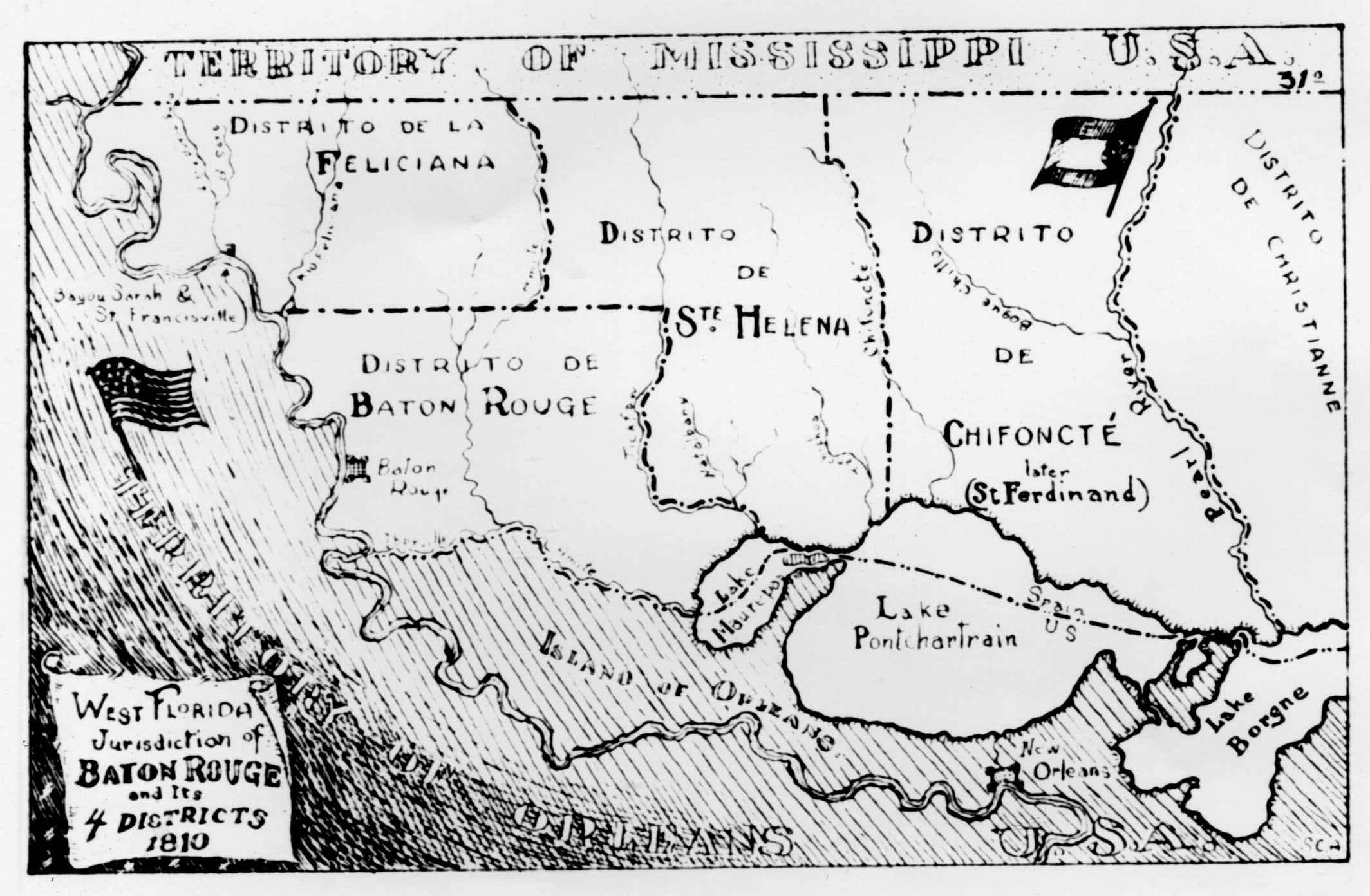 A draft of my 'Entangled
up in Red, White, and Blue: Spanish West Florida and the American
Territory of Orleans, 1803-1810' is available here and will soon be available here.
A draft of my 'Entangled
up in Red, White, and Blue: Spanish West Florida and the American
Territory of Orleans, 1803-1810' is available here and will soon be available here. The piece has been accepted for Thomas Duve (ed.), Entanglements in Legal History: Conceptual Approaches to Legal History, Global Perspective on Legal History vol. 1, Max Planck Institute for European Legal History Open Access Publication, 2013.
The abstract reads:
This article is a preliminary case study of legal and normative entanglement in Spanish West Florida—which stretched across the Gulf Coast of present-day Louisiana, Mississippi, Alabama, and Florida—between 1803-1810. Between the time of the Louisiana Purchase (1803) and the annexation of Westernmost part of West Florida by the United States (1810), the laws and norms of the Territory criss-crossed in various ways those of Spain and the United States. Indeed, the territory was, in turn, French, British, and Spanish before being annexed, in part, by the Americans. For the period under study here, and decades before, its settlers were largely Anglophone, while its laws were a variant of the Spanish colonial ius commune. West Florida had an especially close relationship with the area that would become the new American Territory of Orleans (1805), especially the city of New Orleans. Carved out of the vast Louisiana Territory purchased from France, the Territory of Orleans had its own complex history. Its population was still largely Francophone. In its first decade, its laws were already a gumbo of continental and Anglo-American ingredients. Together, the two territories sat at the precipice of the modern nation-state, of nationalism and popular sovereignty, of legal positivism and legal formalism. In both territories, the diffusion—direct and indirect, formal and informal, ongoing and sporadic—of the various laws and norms of natives and newcomers created intricate legal and normative hybrids.
I'd welcome your thoughts and corrections.

No comments:
Post a Comment
Note: Only a member of this blog may post a comment.